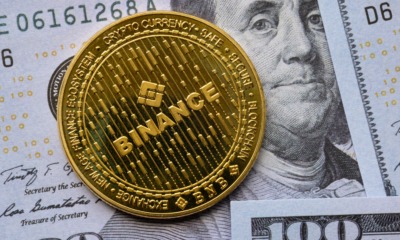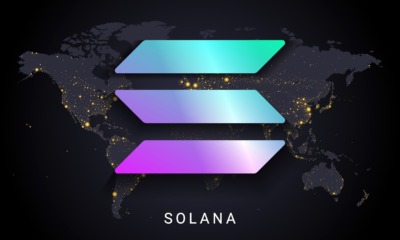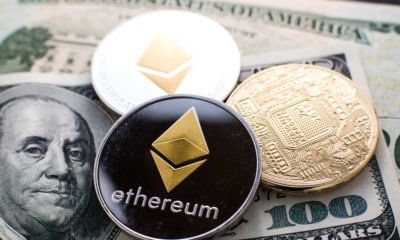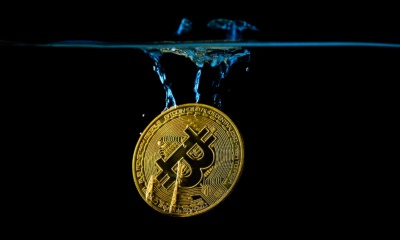DeFi
French Markets Regulator Supports Global Regulations for DeFi
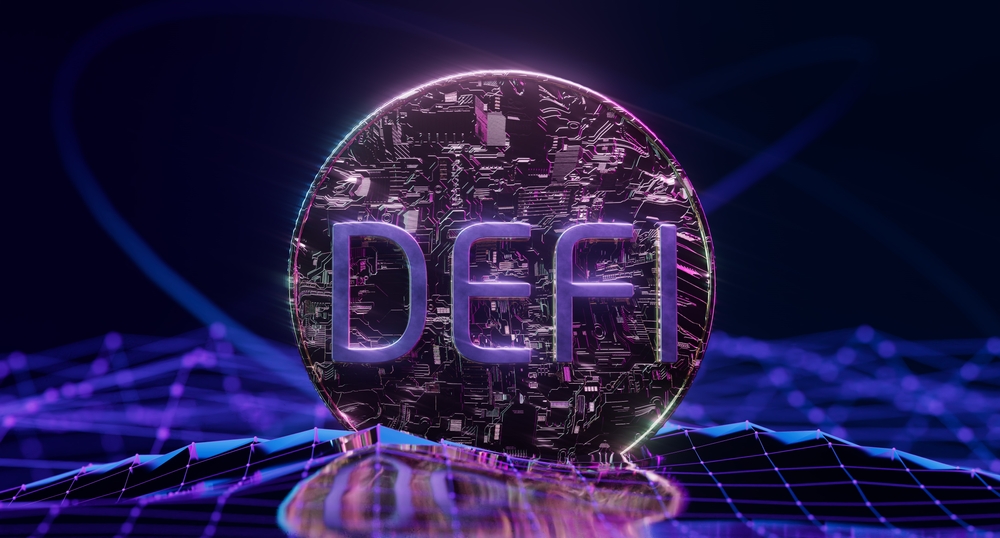
French Markets Regulator Supports Global Regulations for DeFi
The French markets regulator, known as Autorité des Marchés Financiers (AMF), recently expressed its support for a universal regulatory framework for decentralized finance (DeFi). DeFi is a subsector of the cryptocurrency industry that uses blockchain technology to offer traditional financial services such as lending, borrowing, and trading without intermediaries like banks, brokers, or exchanges.
AMF Advocates for Global Rules on DeFi
The AMF released a report on Monday, confirming its commitment to regulate the DeFi sector. The report titled “Rethinking Monetary and Financial Regulation” highlights that DeFi is gaining popularity and presents significant risks to traditional financial systems.
The report reads, “DeFi has the potential to increase market efficiency, lower barriers to entry, promote financial inclusion and literacy. DeFi also poses potential risks to financial stability, integrity, consumer protection, and prevents adherence to Anti Money Laundering and Counter Terrorism Financing regulation.”
The French regulator proposed that global regulatory guidelines be put in place to regulate DeFi services. In addition, the AMF suggested that an entity like the Financial Stability Board (FSB) could oversee the implementation of these global guidelines.
DeFi Risks Highlighted by AMF
The AMF outlined several risks associated with DeFi platforms. First, the regulator highlighted the risk of market fragmentation. The report suggests that the abundance of decentralized exchanges (DEXs) and protocols may lead to fragmentation and reduce liquidity in traditional exchanges.
The regulator also stressed the risks of sybil attacks and liquidity pool manipulations, among other DeFi pitfalls. Sybil attacks occur when a single user creates multiple identities to gain control of a network, while liquidity pool manipulations involve the injection of a large number of tokens into a pool to falsely increase its value.
Reaction from the DeFi Community
The AMF report has been met with mixed reactions from DeFi enthusiasts. Some argue that regulation offers much-needed legitimacy to the industry, attracts more institutional investors and provides customers with greater confidence to invest in DeFi platforms. On the other hand, others have expressed concern that regulation could stifle innovation and act as a barrier to entry into the DeFi space.
The DeFi industry has grown exponentially in recent years. According to DeFi Pulse, the total value locked in DeFi hit an all-time high of over $157bn in May 2021. Despite its rapid growth, the industry is largely unregulated, leading to several high-profile hacks and scams due to a lack of transparency and security.
The Future of DeFi Regulation
The AMF’s report adds to the growing number of regulatory proposals for the DeFi industry. As the sector grows and becomes increasingly integrated with traditional finance, more regulators are taking an interest in developing guidelines to protect consumers and financial systems.
Experts predict that over time, a global regulatory framework for DeFi will emerge, enabling the industry to mature while ensuring the safety and integrity of the financial system.
Conclusion
The AMF’s support for global regulation is a significant development for the DeFi industry. While the DeFi space is known for its autonomy, the sector’s exponential growth and recent high-profile hacks have underscored the need for regulation. However, striking a balance between innovation and protection while promoting financial inclusion remains a challenge.
As the regulatory landscape for DeFi becomes clearer, investors, companies, and consumers alike will need to be vigilant and adaptable to changing regulations to ensure they are compliant and protected while operating in the rapidly developing DeFi space.

Altcoins
Solana Price Outlook Amid Cautious Optimism

Solana price has been struggling to break above the key resistance level of $21.10 over the past few days. Earlier in August, the digital asset encountered a strong rejection at the crucial resistance level of $25.45, curtailing gains above the fashionable level of $30. Even so, the smart contract token is among the best-performing cryptocurrencies so far this year, with a 102.61% jump in its year-to-date price. SOL’s total market cap has climbed by more than 5% over the last day to $8 billion, while the total volume of the asset traded over the same period increased by 40%.
Brighter Future Ahead?
Solana price faced significant challenges in 2022, including a 93% decline in its total market capitalization and a 96% drop in its total value locked (TVL). However, the SOL network has posted significant resilience in 2023, defying general market movements. Priority fees and network upgrades have contributed to a consistent 100% network uptime.
The Solana DeFi ecosystem has also shown significant recovery, with a 41% growth in the TVL. Its liquid staking derivatives have also played a role in the asset’s renaissance. The ecosystem has expanded into other sectors such as NFTs, gaming, and consumer-based applications, driven by technical advancements like state compression.
Notably, Solana recently admitted that the network has been facing difficulties in the decentralized finance (DeFi) sector. Even so, it believes that its new strategy will help it regain its foothold and…
-

 Blogs6 years ago
Blogs6 years agoBitcoin Cash (BCH) and Ripple (XRP) Headed to Expansion with Revolut
-

 Blogs6 years ago
Blogs6 years agoAnother Bank Joins Ripple! The first ever bank in Oman to be a part of RippleNet
-

 Blogs6 years ago
Blogs6 years agoStandard Chartered Plans on Extending the Use of Ripple (XRP) Network
-

 Blogs6 years ago
Blogs6 years agoElectroneum (ETN) New Mining App Set For Mass Adoption
-

 Don't Miss6 years ago
Don't Miss6 years agoRipple’s five new partnerships are mouthwatering
-

 Blogs6 years ago
Blogs6 years agoCryptocurrency is paving new avenues for content creators to explore
-
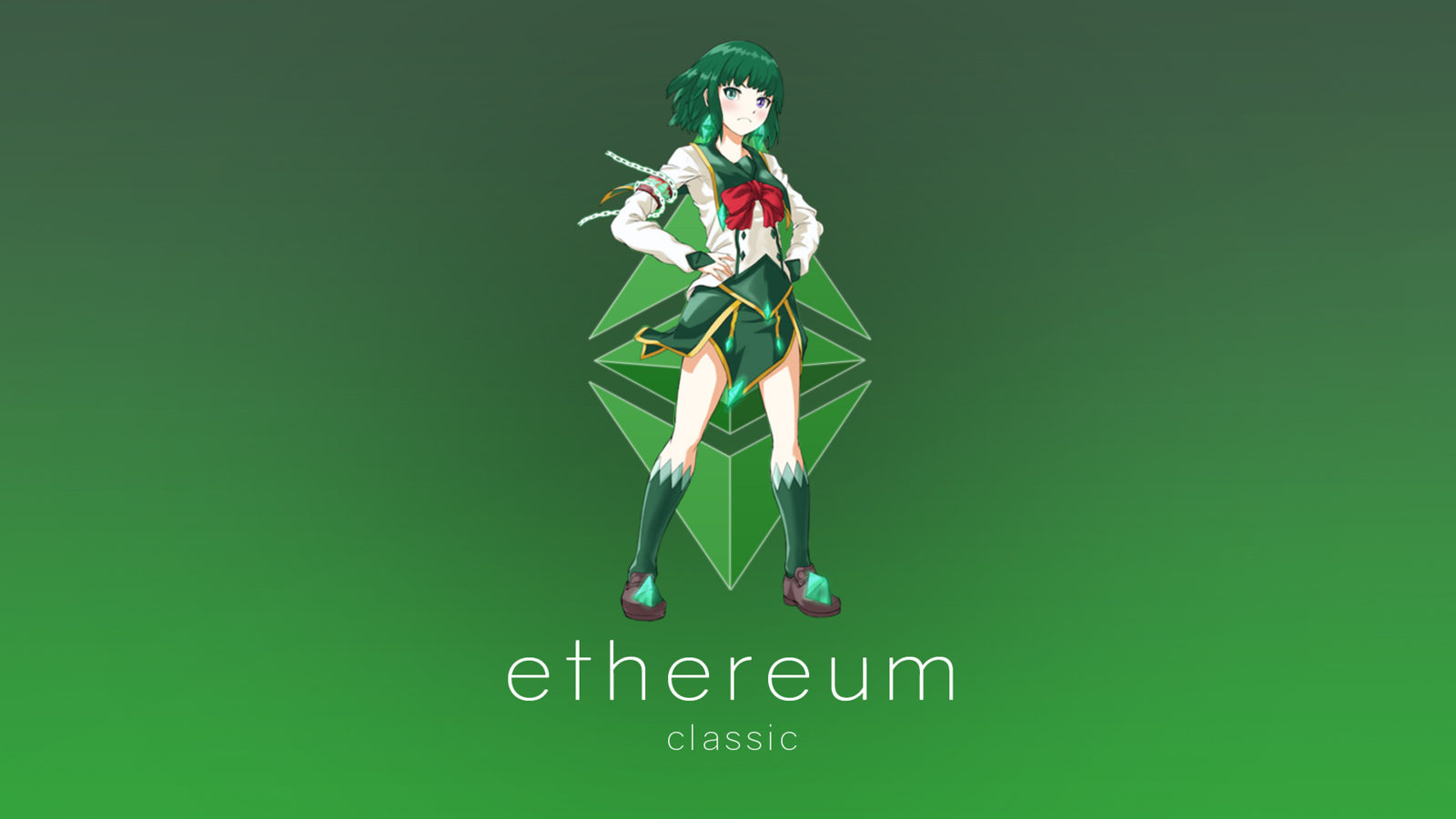
 Blogs6 years ago
Blogs6 years agoEthereum Classic (ETC) Is Aiming To Align With Ethereum (ETH)
-
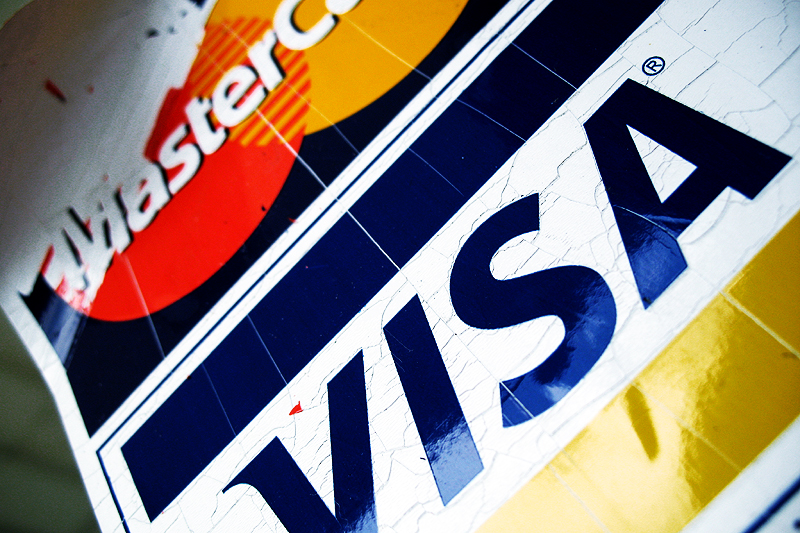
 Blogs6 years ago
Blogs6 years agoIs Litecoin (LTC) Changing Its Game Plan By Going For Mass Adoption?
